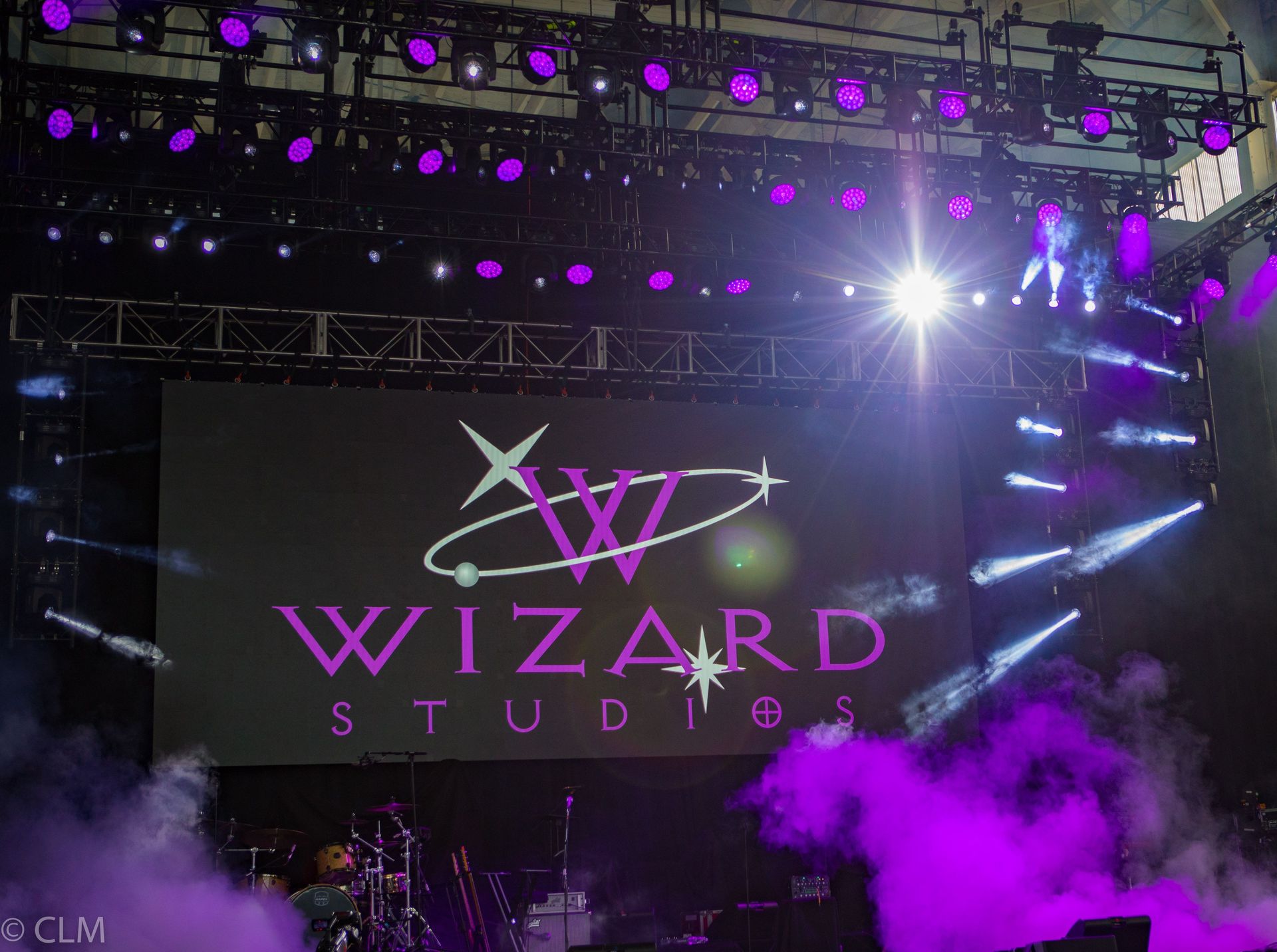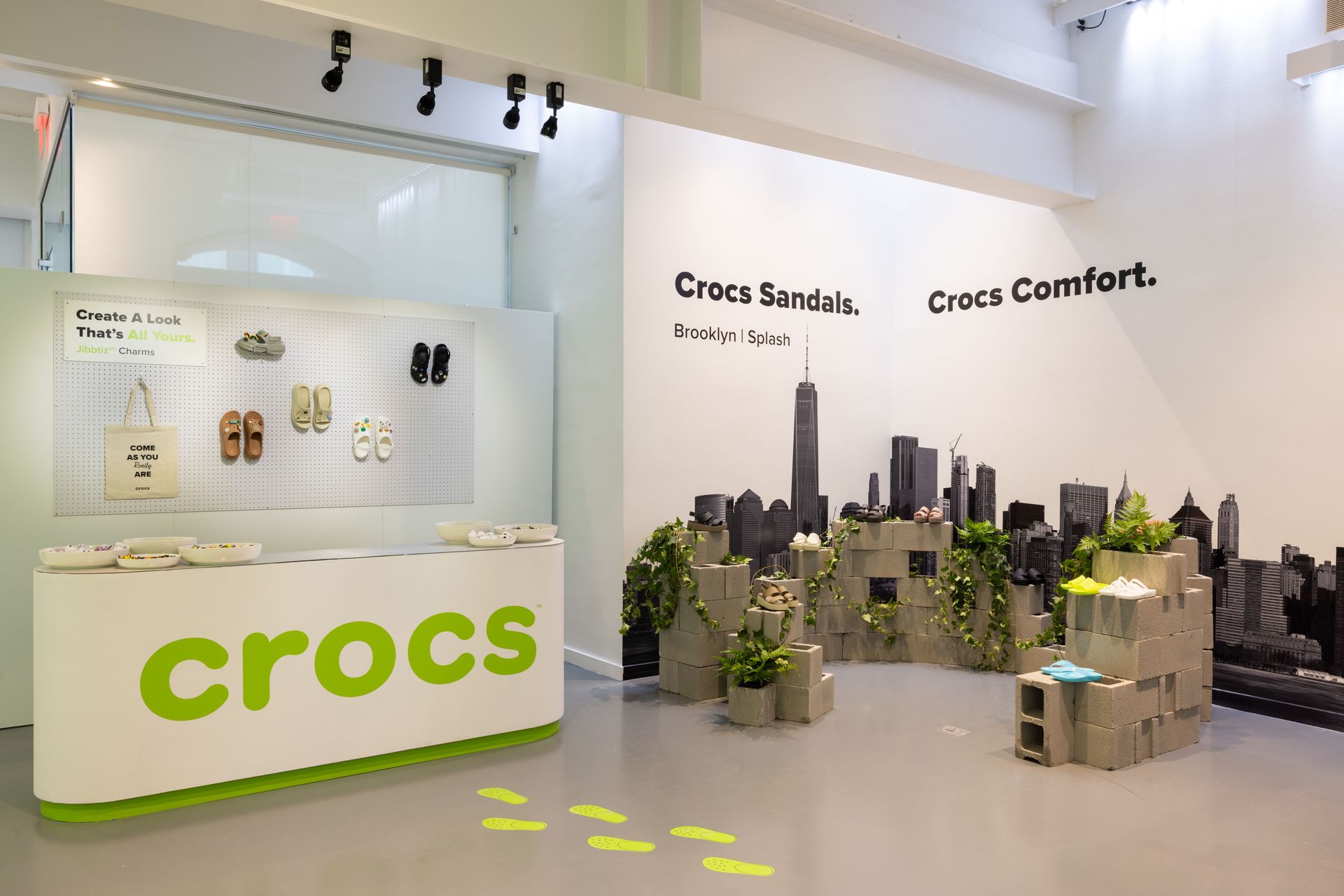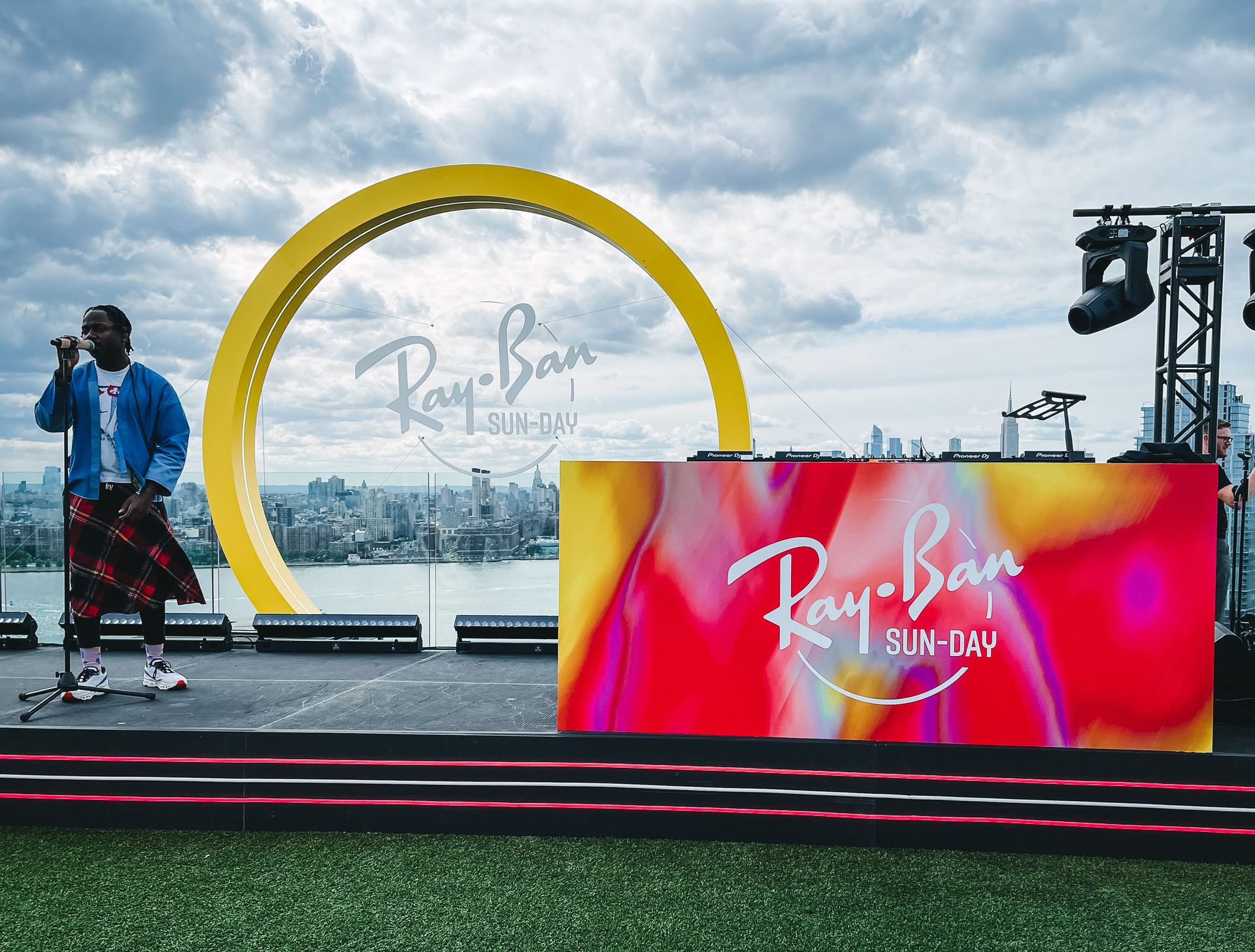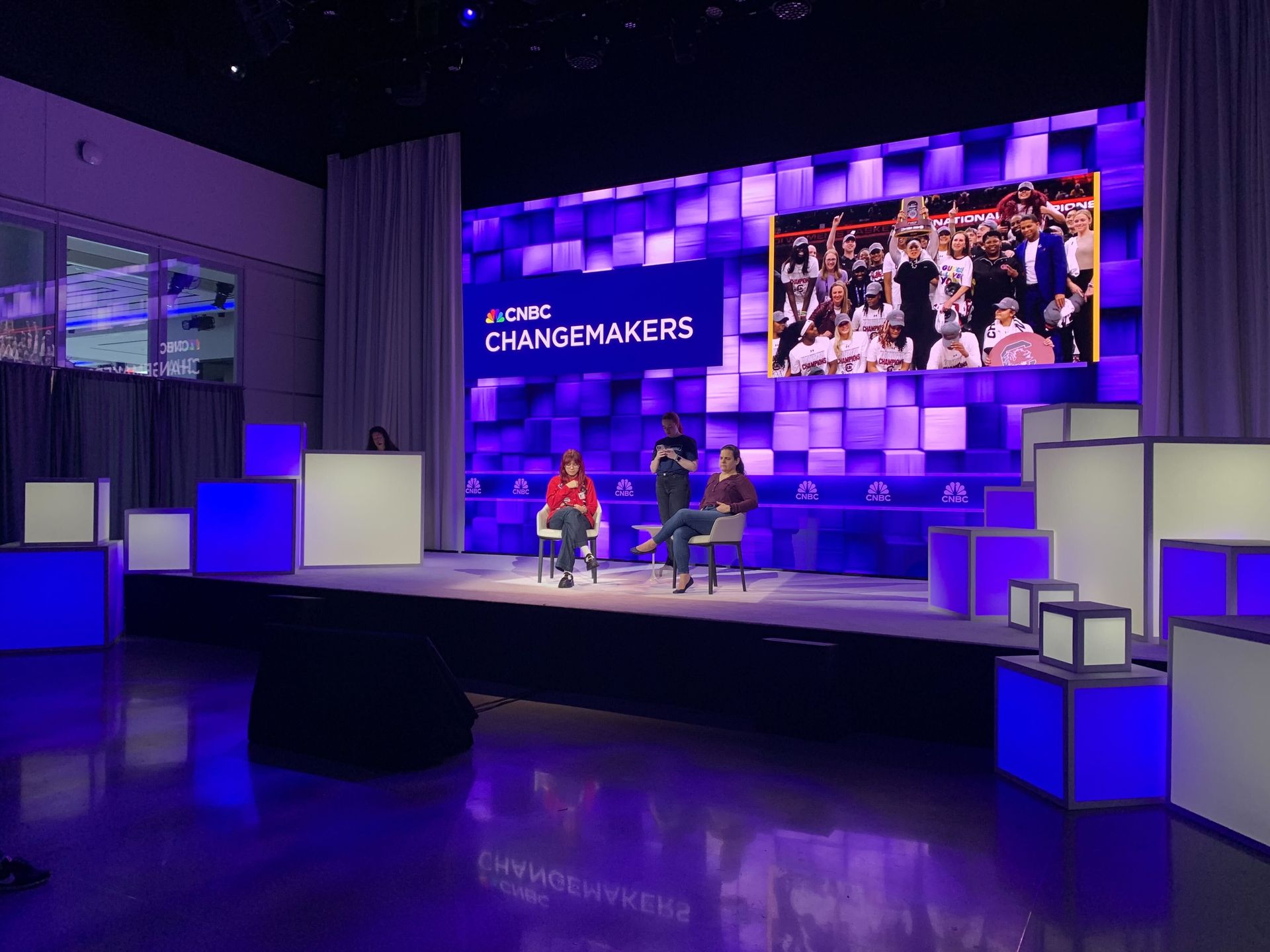David Litwak: I know, right, that world is often called advance, right? That’s the term for it. I’m curious, without getting too wonky right away, how did you guys actually work with the advance team? Did they hand things off to you, or what did that look like?
David Morris: So, campaigns specifically, it was pretty wild because things were constantly coming up last-minute. A lot of times, we’d literally just send our trucks out in a direction and say, “You’re going to be stopping here,” because events were only getting finalized day by day.
So yes, there was “advance,” but it was also a lot of improvising, making sure we had the gear staged in different places, making sure the right staff with security clearances were in place, and then just moving fast when details came in. Honestly, it was a huge logistical challenge, and I think half our team lost sleep during that time.
David Litwak: So, segueing back out of politics, I’m curious. You guys have been successful for 25 years in a business that, frankly, isn’t kind to time. Like you said, losing sleep, right? People don’t last long in hospitality.
I’ve been in it, construction included, for about four and a half years, and it’s exhausting, it’s grueling. How have you been able to survive for 25 years?
David Morris: Again, I bring it back to technology. Staying on top of the newest tech makes the events world so much easier. Being able to offer clients things they haven’t seen before, or wouldn’t normally think to use, and integrating those into events—that’s how you stay ahead of the curve.
You also have to really know how to manage your business: when your busy times are, when your slow times are, what projects to take on—and maybe most importantly, which clients not to take on. A lot of people love to talk about all the projects they’re doing, but sometimes the smarter move is to say no. Some clients just don’t fit with your brand or your mission.
So, knowing who you want to work with, keeping your goals clear, and always bringing in cutting-edge technology, that’s what keeps you around long-term.
David Litwak: That makes sense. Who do you consider not to be your client?
I think that’s a very wise piece of advice. In the startup world, especially, there’s that saying, you need to know who you say no to just as much as who you say yes to. The no’s are just as important as the yeses. Who do you guys say no to?
David Morris: The biggest thing is when people aren’t aligned with our company values. We won’t take on a job if we feel it could be detrimental to our own brand. If someone is promoting something, or it’s a company doing something, that doesn’t align, we steer clear.
It’s hard to give a single example, but we all know those companies you don’t want to be involved with, that you don’t want to align yourself with. Those are the clients we stay away from. If it’s promoting something really negative, or something that’s just not good for the world, that’s not something we want to be part of.
And we’ve turned down very large jobs, projects that could have been transformational, because they weren’t in alignment. At the end of the day, it was in the best interest of our company culture not to take them.
David Litwak: Yeah, I think I’ve been in those situations too, where you kind of get high on the drug of short-term money. But then the next day, the next week, the next month, you’re dealing with all of it. What seemed like a lucrative contract ends up coming with a hangover that’s so harsh you regret ever taking it.
To be clear, we’ve never taken on any clients we aren’t proud of. For us, it’s been more about the type of event. You know, if something requires too much, say, if there’s a lot of partying and chaos, then you’re left dealing with issues afterwards, asking yourself, “Why did we do that?” So we’ve laser-focused on a different type of event.
So tell me, what’s one of those amazing experiences where you’ve thought, this is why I do this, this is why I go through all of it at your company?
David Morris: We all live for that moment after an event, the hard work, the months or weeks of planning, all culminating when the client looks at you and says, wow, thank you. You can see the passion in them, the relief, the joy. That’s the moment I live for. Because right then, they’re already asking, what can we do next? And that’s when you get the chance to bring new ideas to the table and elevate the experience even further.
For me, it’s about that trust, the faith they put in you, the budget they put behind you—and then being able to deliver, to hold true to that promise.
That’s what I wait for.



